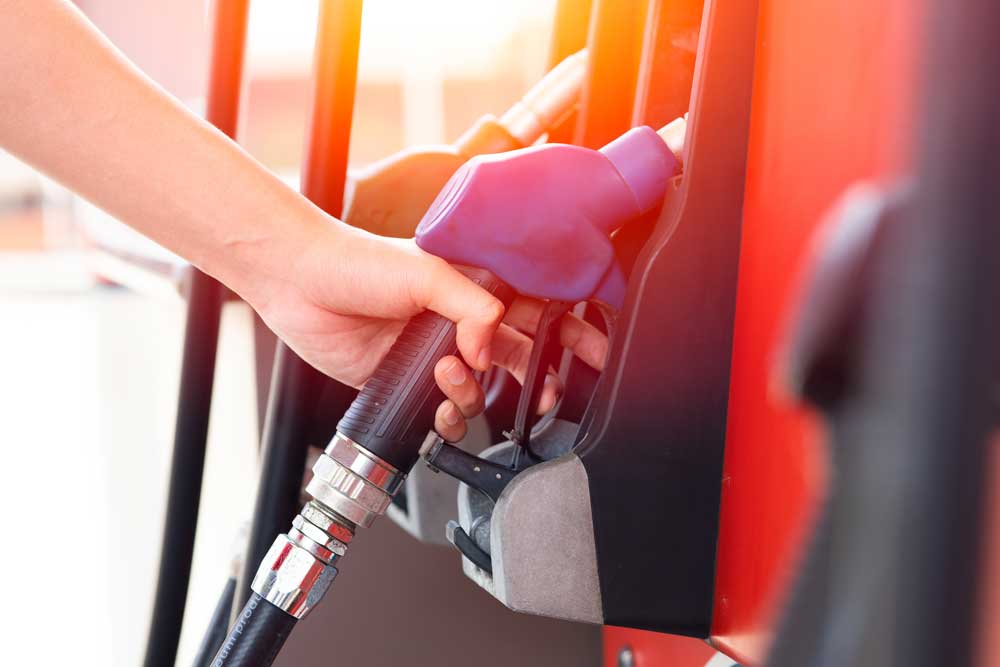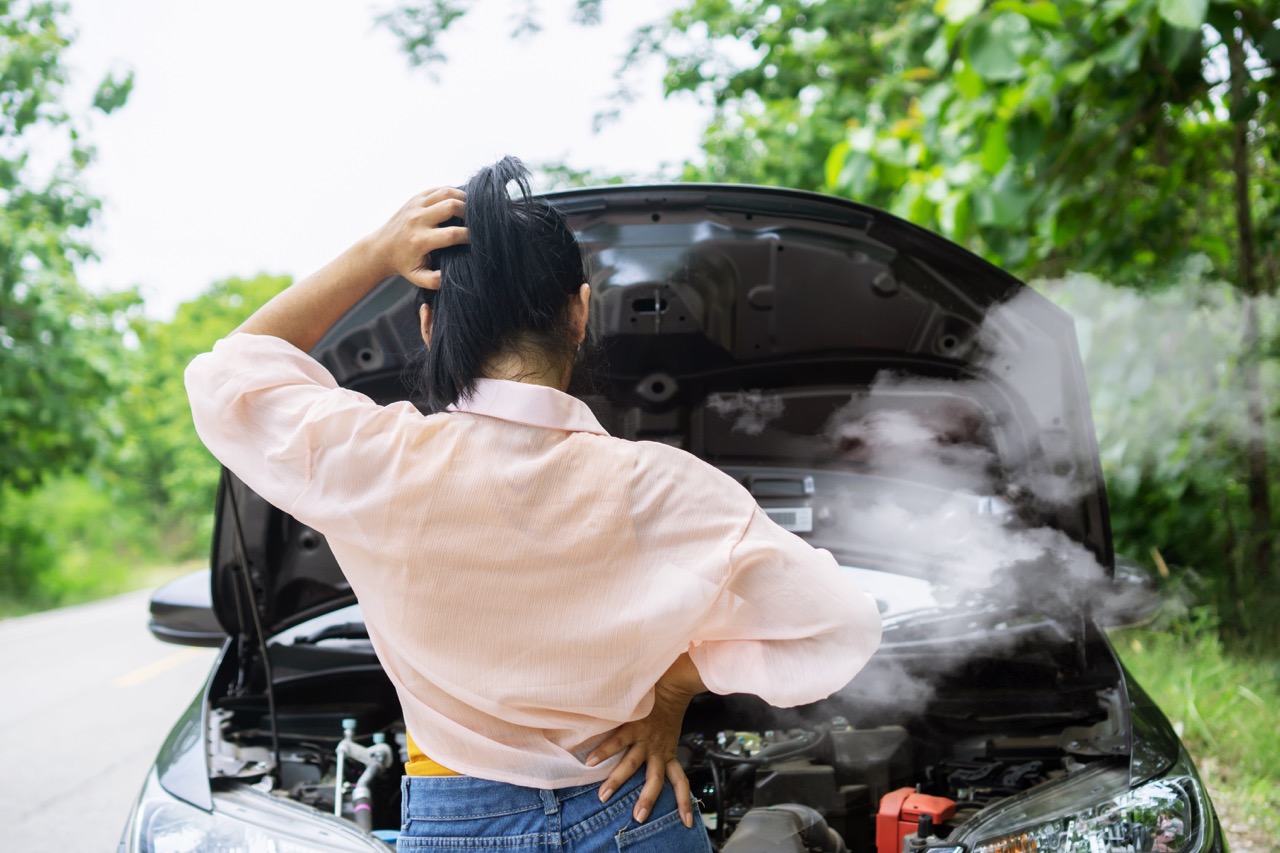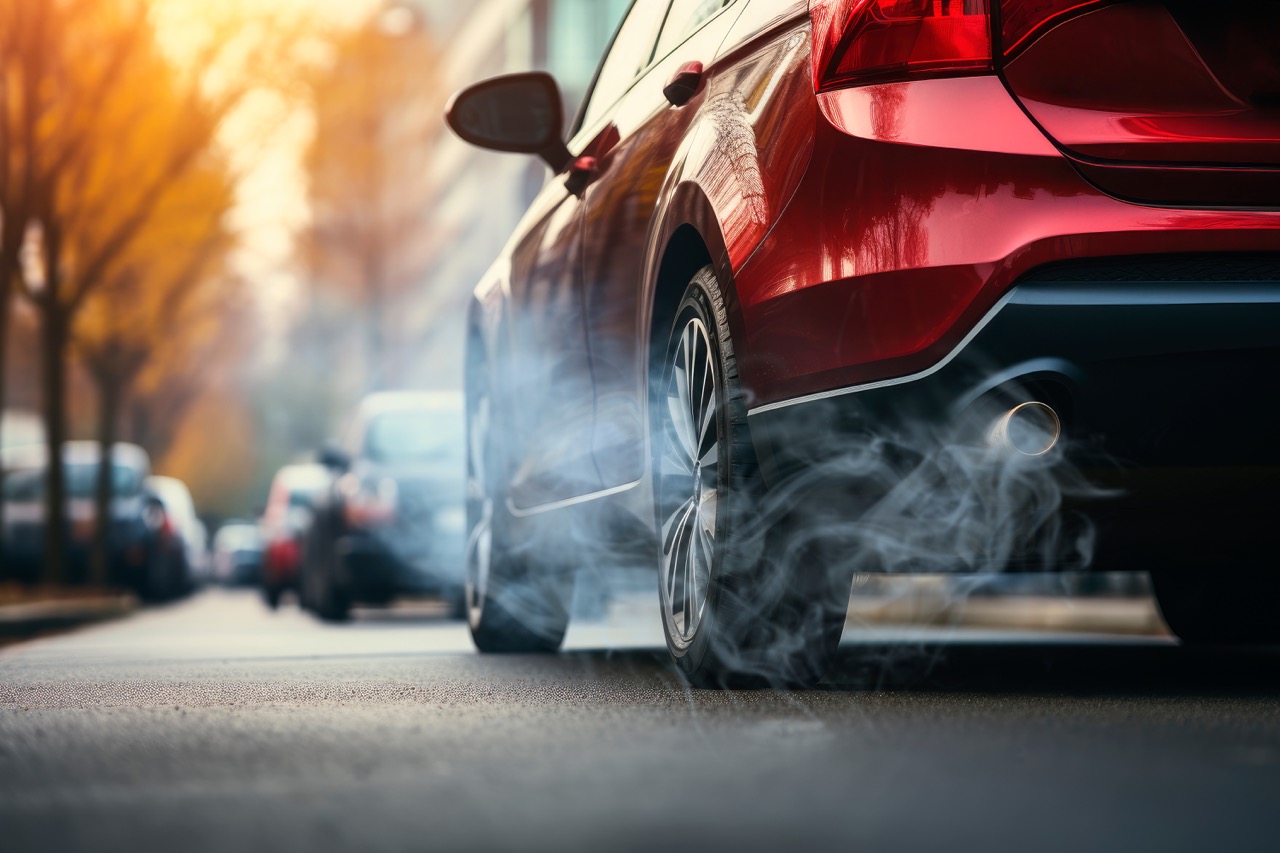
If you’ve ever been tempted to put the cheapest gasoline in your vehicle, here’s why the West Valley car repair team at Master Muffler recommends you think twice next time you’re at the pump.
Have you ever wondered what those numbers mean at the gas station? Ranging from 87 to 94, they all have different price tags and different octane. Learn all about octane levels from the Master Muffler experts.
What is Octane?
Octane is a rating system for fuel. The number under the gas pump handle measures how much compression the fuel can withstand during the combustion process.
Octane Ratings
We not only need to choose the right octane for our engine for safety but for performance as well. Using the octane recommended in your owner’s manual means your engine can function at its best, providing the desired fuel economy and power.
Octane levels can also affect a vehicle’s emissions, and using the wrong one in your engine can decrease the efficiency of the car’s exhaust system. The higher the octane rating (number at the pump), the more heat and compression it can endure before ignition and the less carbon dioxide it will produce.
87
This is the standard and lowest octane rating for many cars and trucks. Anything lower than this, and your vehicle may not perform, long term, the way you expect.
89
Anything from 89 to 90 is a mid-range octane rating. Some consumers believe that this mid-grade fuel is actually just a blend of 87 and 93.
93
The highest fuel stability rating is intended for cars that have a higher compression ratio or supercharged engine. If an engine requires more air for ideal performance, higher octane fuel is helpful for this process.
What about “Regular,” “Super,” and “Premium” ratings?
Those are just fancy terms for the regular ol’ octane ratings. Branding fuel is a marketing choice made by some companies, which is why you’ll see some labels such as “silver,” or “unleaded” when they’re really just referring to 89 or 87 octane. It’s not an indicator of how fancy your car is if it takes “super premium” gasoline at the pump – we all know that’s just 93 octane fuel designed for high-performance engines!
When to Use 85 Octane
But wait, there’s more! Have you ever seen 85 octane at the gas station? This rating is designed to be used at higher elevations. West Valley, Utah, is about 4,000 feet above sea level, making it a city in which you might see a few pumps with 85 as an option. Due to the elevation, the air can be thinner, and 85 octane is meant to complement it during the combustion process.
What Happens if I Use the Wrong Octane?
Have you heard of the term engine knock? This is a literal knocking sound in the engine that can be caused by using the wrong octane level in your vehicle.
If the octane isn’t correct, the fuel tends to burn unevenly in the engine cylinders. When this happens, the imbalance of oxygen and fuel ignites prematurely in the engine. When these ignitions happen at the wrong time, you’ll hear it. These little explosions are designed to happen during the combustion process, but if they aren’t time precisely, they can damage the engine cylinders and pistons.
Using an octane rating lower than what your car was designed for can lead to engine knock and other long-term problems. If you’re regularly using a lower-octane fuel in an effort to save money, you’ll probably find yourself with more expensive car repairs down the road.
If you’re hoping a higher octane will help your car perform better, stop! Unless your engine is designed for high performance, putting more expensive, high octane fuel in the tank won’t make a difference. So put that 97 pump nozzle down and reach for what your car’s manual recommends. You may not think saving that $0.40 is a big deal, but it adds up when you’re refilling an 18-gallon fuel tank.
For West Valley car repair needs ranging from your engine to your muffler, let us know if we can help. Whether it’s the result of using the wrong octane or not, our services vary to include it all.
Why Higher Octane Fuel is More Expensive
We all know the oil industry is an expensive business. It costs a lot of money to extract crude oil and refine it for use as a raw material and a gasoline or diesel fuel. Higher octane fuel costs more for consumers because it costs more to produce.
For example, in 2015 it cost anywhere between $0.40 and $0.70 per gallon to refine crude oil. Let’s take a look at the averages for refining, distributing, marketing, and paying taxes on regular (87 octane) gasoline that year.
- Average refinery cost for gasoline in 2015: $0.60 per gallon
- Average distribution and marketing cost for gasoline in 2015: $0.27 per gallon
- Average taxes on gasoline in 2015: $0.46 per gallon
As a result, the retail price of gasoline in 2015 hovered around $2.80 per gallon in order for there to be a profit. In 2021, we’re unfortunately seeing much higher prices, which makes it tempting to switch to a lower octane for savings.
While we can’t guarantee lower gas prices in the future, our West Valley car repair crew does aim to offer regular coupons and specials, which you can find HERE.
Related Posts
As an EV owner, understanding your vehicle's battery is critical. From its capacity to its lifespan, and everything in between, we'll guide you through what you need to know to optimize your EV experience. So buckle up and get ready - we're about to shed some light on the electrifying world of EV batteries. What [...]
If your car is running hot, it can be a sign that something’s not right with your engine. Fortunately, diagnosing the cause of an overheating engine isn't too difficult if you know what to look for and how to address it. Keep reading if you want to learn the most common issues that occur when [...]
Your vehicle's exhaust system serves a critical role in managing the byproducts of the combustion process and ensuring optimal engine performance. The appearance of colored smoke from the exhaust pipe, either when stationary or accelerating, can provide valuable clues to underlying mechanical issues. What is a car exhaust? A car exhaust is a system [...]





